Okay, My Take on Summer Reading
My listserv and Kids Lit have been buzzing about a New York Times opinion piece called Summer Reading List Blues by Barbara Feinberg, author of Welcome to Lizard Motel. Feinberg's essay is about mandatory summer reading lists, which, she says, tend to require reading a lot of serious problem novels. She believes the joy is being taken out of summer reading for kids.
The professional reaction to this essay that I have been seeing on-line has been to defend the books Feinberg singles out as potentially distressing for children. In addition, Feinberg's essay has been described as a nostalgia piece written by someone yearning for the experiences of her own childhood.
What's Gail's spin on this whole thing? Since you asked, I think Feinberg's essay is dancing around a whole different issue, an issue related to education rather than reading. Kids, and even parents, have little power in the educational world and that includes what they read. We hear about this more often regarding parents objecting to a book on religious or moral grounds. But do kids ever get a chance to object to what they have to read? They certainly don't get a chance to do much choosing. Their literature is written by adults, edited by adults, published by adults, marketed by adults, and taught by adults.
There used to be a saying about kids learning to read from grades one through three and reading to learn from grades four up. (Now that kids are supposedly learning to read in kindergarten, the saying may no longer be true.) My point is that books are like funnels for kids. All the facts, the believes, everything, comes through them.
I am not a professional educator or librarian. I am a parent, though, and I can say that Feinberg is not the only parent to be concerned about the dark tone of many of the books that are promoted in schools, not just on reading lists but in the classrooms. Will a nice steady diet of books about relatives dying (which was popular when my kiddies were in grade school), children being abandoned by their parents, etc. turn kids into eager readers?
I'm not saying that kids shouldn't be reading serious fiction, but "serious" doesn't have to mean "problem." It could also mean "ideas."
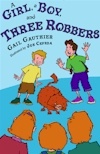
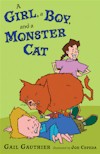
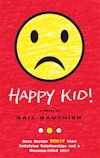
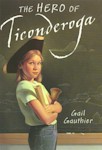
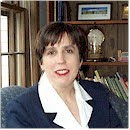



0 Comments:
Post a Comment
<< Home